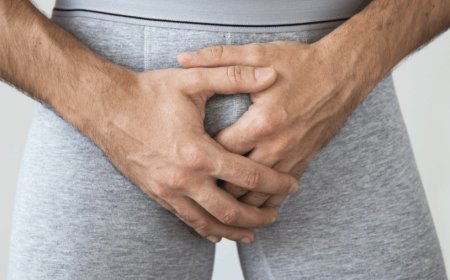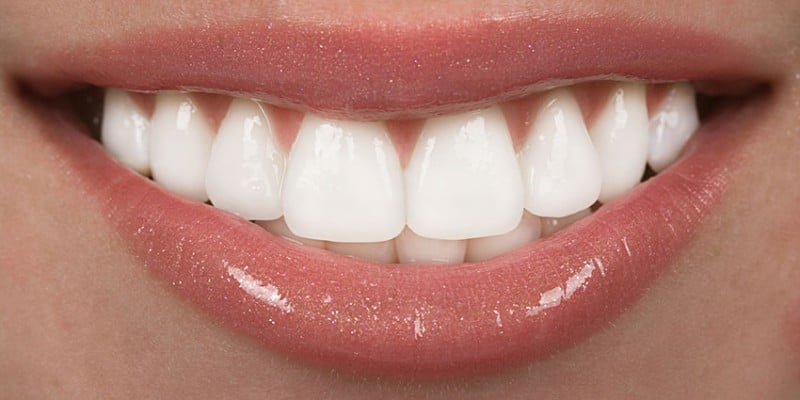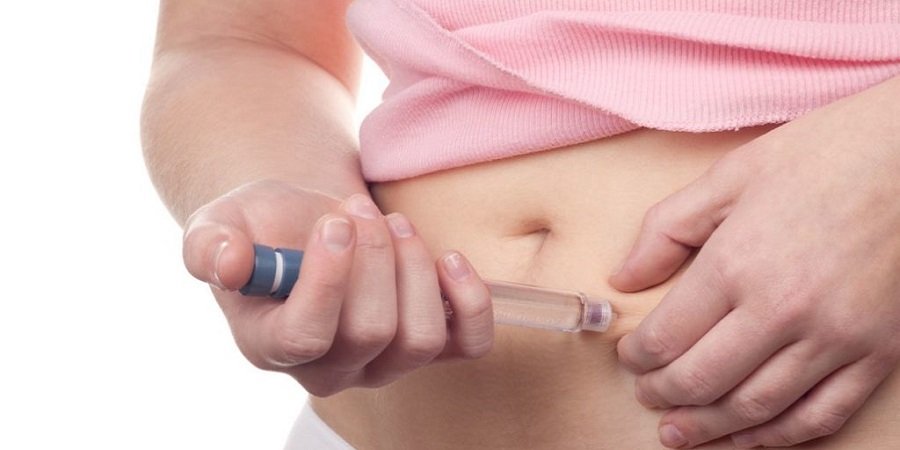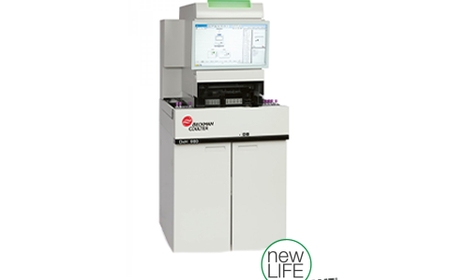Bladder Infections and Bloating: Symptoms, Causes, and Relief
Discover how bladder infections can cause bloating, what symptoms to watch for, and effective ways to find relief. Get expert advice and prevention tips.

Bloating is a common discomfort that many people associate with digestive issues, such as overeating or indigestion. But did you know that can a bladder infection cause bloating? While not always discussed as a primary symptom, bloatingespecially lower abdominal pressurecan be linked to urinary tract issues, including infections of the bladder.
In this article, well explore the connection between bladder infections and bloating, explain how to recognize the symptoms, identify causes, and offer practical relief options to help you feel better faster.
What Is a Bladder Infection?
A bladder infection, also known as cystitis, is a type of urinary tract infection (UTI). It occurs when bacteria, most commonly Escherichia coli (E. coli), enter the bladder through the urethra and multiply. This triggers inflammation of the bladder lining, leading to the hallmark symptoms of a UTI.
While bladder infections are more common in women due to their shorter urethra, they can affect people of all genders and ages.
Common Symptoms of a Bladder Infection
Classic signs of a bladder infection include:
-
Frequent urge to urinate
-
Burning or stinging sensation when urinating
-
Passing small amounts of urine
-
Cloudy or strong-smelling urine
-
Lower abdominal or pelvic pain
-
Mild fever or chills (in some cases)
But in some people, especially women, bloating or abdominal distension can also occur a lesser-known symptom that often goes unrecognized.
Can a Bladder Infection Cause Bloating?
Yes, it can. While not as universally experienced as burning or urgency, bloating can occur due to a variety of factors associated with a bladder infection, such as:
1. Inflammation of the Bladder Wall
When bacteria irritate the bladder lining, it can swell and create a sensation of fullness or pressure. This can lead to a feeling of bloating in the lower abdomen, often mistaken for digestive discomfort.
2. Urinary Retention or Incomplete Emptying
In some cases, the bladder doesnt empty fully due to inflammation or muscle spasm. This may result in trapped urine, which adds to the sensation of internal pressure and bloating.
3. Muscle Tension in the Pelvic Area
The pain and urgency caused by a bladder infection may lead to tightening of abdominal or pelvic floor muscles, which can contribute to a bloated or tense belly.
4. Misinterpretation of Pain Signals
Pain from the bladder can refer to the lower abdomen, mimicking the sensation of bloating even if there is no gas or food-related distension.
5. Associated Digestive Issues
Bladder infections sometimes disrupt normal bowel patterns, causing constipation or gas buildup, which further intensifies the feeling of bloating.
Distinguishing Bladder Infection Bloating from Digestive Bloating
Though both types of bloating cause abdominal discomfort, there are some key differences:
| Feature | Bladder Infection Bloating | Digestive Bloating |
|---|---|---|
| Location | Lower abdomen or pelvic region | Upper or mid-abdomen |
| Trigger | Urinary issues, infection | Certain foods, overeating, IBS |
| Other Symptoms | Urgency, burning urination, cloudy pee | Gas, burping, irregular bowel habits |
| Relief After Urination | Often partial or temporary | Not typical |
| Fever or Chills | Possible with UTI | Rare |
If you're unsure, consult a healthcare provider to rule out overlapping conditions.
Whos Most at Risk for UTI-Related Bloating?
You may be more prone to this type of symptom if you:
-
Are female (due to shorter urethra)
-
Have a history of frequent UTIs
-
Use catheters or have urinary retention issues
-
Are pregnant (increased risk of infection and bloating)
-
Have conditions like interstitial cystitis or pelvic floor dysfunction
-
Are postmenopausal (due to hormonal changes affecting bladder tissue)
When to See a Doctor
While mild UTIs may go away on their own, it's important to seek medical help if:
-
Your symptoms persist for more than 2 days
-
You experience severe pain, fever, or vomiting
-
You have blood in your urine
-
You're pregnant or have a weakened immune system
-
You've had multiple UTIs in a short period
Left untreated, bladder infections can lead to kidney infections, which are more serious.
Diagnosing the Cause of Bloating
If youre experiencing bloating and suspect a UTI, a doctor will usually perform:
-
Urine dipstick test checks for bacteria, white blood cells, and nitrites
-
Urine culture identifies the specific bacteria
-
Physical exam especially if pain is localized
-
Ultrasound or pelvic scan (in chronic or complicated cases)
They may also rule out other causes like irritable bowel syndrome (IBS), ovarian cysts, or pelvic inflammatory disease (PID).Andcan a uti or bladder infection cause bloating?
Treatment Options
1. Antibiotics
The standard treatment for bladder infections is a short course of antibiotics such as trimethoprim, nitrofurantoin, or fosfomycin. Symptoms usually improve within 48 hours.
2. Pain Relief
Over-the-counter painkillers like ibuprofen can help reduce bladder inflammation and ease abdominal discomfort.
3. Hydration
Drinking plenty of water helps flush out bacteria and reduce urinary concentration, which can relieve irritation.
4. Cranberry Supplements or D-Mannose
While research is mixed, some people find cranberry extract or D-mannose useful in preventing or managing mild UTIs.
5. Heating Pad or Warm Bath
Applying warmth to the lower abdomen can relax muscles and reduce the sensation of bloating and pelvic pressure.
Lifestyle Tips to Prevent Future Infections and Discomfort
-
Wipe front to back to prevent bacteria from entering the urethra
-
Urinate after sex to flush out bacteria
-
Avoid holding urine for long periods
-
Stay hydrated throughout the day
-
Choose breathable underwear (like cotton)
-
Avoid irritating feminine products or harsh soaps in the genital area
Q:Can a bladder infection cause bloating in the stomach?
A: Yes. A bladder infection can cause lower abdominal bloating or pressure due to inflammation, urinary retention, or pelvic muscle tension. While it's more common to experience urgency and pain, bloating is a lesser-known symptom that some people experience.
Q: Is bloating more common in women with bladder infections?
A: Yes. Women are more prone to both bladder infections and abdominal bloating due to anatomical and hormonal factors. The shorter urethra and proximity to the digestive and reproductive organs may make bloating more noticeable in women.
Q:How can I tell if bloating is from a UTI or digestive issue?
A: Bloating from a UTI typically occurs in the lower abdomen and is often accompanied by urinary symptoms like burning, urgency, or pelvic pressure. Digestive bloating is usually linked to food, gas, or bowel changes. A urine test can confirm a UTI.
Q:Can a bladder infection make my stomach look swollen?
A: Yes, in some cases. While its not actual stomach swelling, the sensation of bloating or fullness in the lower abdomen can create the appearance or feeling of a slightly distended belly, especially when paired with gas or constipation.
Q:What helps relieve bloating from a bladder infection?
A: Antibiotics are key to treating the infection. You can also use a warm compress on the abdomen, stay well hydrated, take anti-inflammatory pain relief (like ibuprofen), and avoid foods that worsen bloating, such as processed or gassy items.
Q:Will bloating go away after the bladder infection is treated?
A: In most cases, yes. Once the infection clears and inflammation subsides, bloating and abdominal pressure typically improve. If bloating continues after UTI treatment, consult your doctor to rule out digestive or gynecological causes.
Q: Are there over-the-counter treatments for bladder infection bloating?
A: OTC options like ibuprofen, urinary pain relievers (e.g., phenazopyridine), and antacids may provide symptom relief, but antibiotics are usually needed to cure a UTI. Always speak with a pharmacist or doctor before self-treating.
Q: When should I see a doctor for bloating and urinary symptoms?
A: See a doctor if you experience bloating alongside painful urination, blood in urine, fever, or symptoms lasting more than two days. Prompt treatment helps prevent the infection from spreading to the kidneys or causing complications.
Final Thoughts
While bloating is not typically the first symptom people associate with bladder infections, it can be a real and uncomfortable part of the experience. Understanding the link between UTIs and abdominal bloating can help you seek appropriate care and avoid unnecessary worry.









































